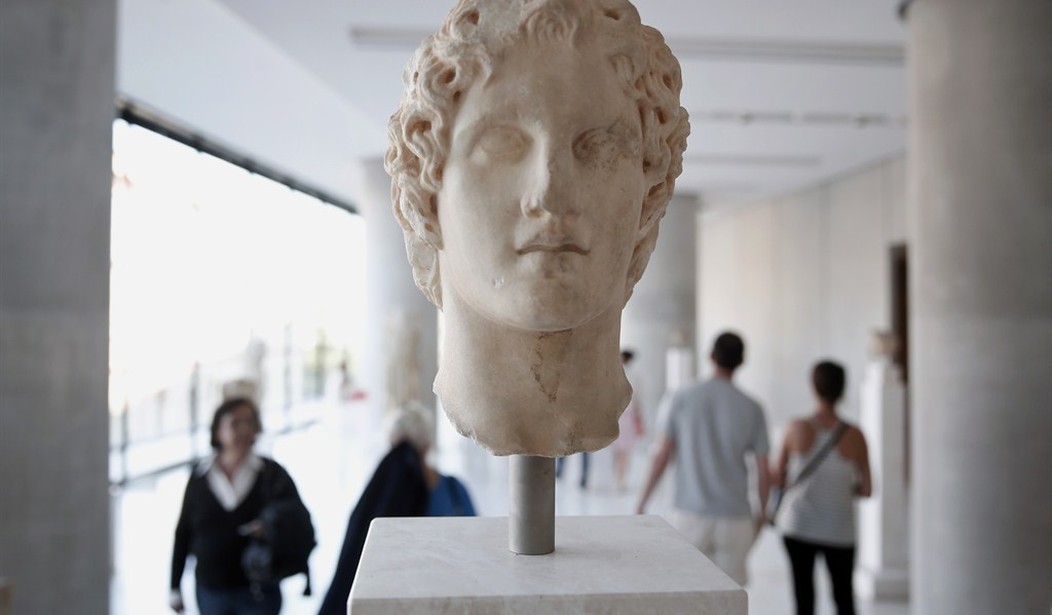One of the ironies of the Cultural Revolution, as those who have studied it will appreciate, is that, in the process of instituting Communist ideals and principles as the totalitarian ideology of the nation, the governing authorities saw fit to seek and destroy all of the vestiges of traditional Chinese culture.
In a social engineering effort that will strike readers in the modern Western context as eerily familiar, the Maoist government targeted what it called the “Four Olds” (Old Ideas, Old Culture, Old Customs, and Old Habits) for destruction.
Related: How the Communist Cultural Revolution Destroyed Traditional Chinese Culture
While the bloody Cultural Revolution had great utility in cementing CCP control over the population and rooting out any reactionary elements that might spring up to challenge its grip on power, it came at the expense of a near-total loss of national identity that has plagued the country to this day – undermining the justification for China’s often-repeated claim that is it the civilizational center of the world, or the “Middle Kingdom,” as it calls itself.
Since then, the government has been forthrightly trying to replicate what it perceives as its old glory by, among other tactics, undermining what it calls “Western hegemony” over global culture.
Via South China Morning Post (emphasis added):
Did Aristotle really exist? The provocative question, which was the topic of a viral video by nationalistic Chinese scholar Jin Canrong, has launched yet another battle in the narrative war between China and the West.
Jin is not a historian but a leading expert on China-US relations at Renmin University in Beijing and an adviser to the Chinese government. He is also an influencer on Douyin, the Chinese version of TikTok, where a video clip of his speech on Aristotle went viral last month, generating a tsunami of public debate on the reliability of Western history.
Jin claims there is no written record from before the 13th century that can prove Aristotle’s existence, and the ancient philosopher, if he existed more than 2,000 years ago, could not have written hundreds of books containing millions of words before the arrival of paper in Europe in the 11th century.
“Aristotle just popped up, and what made it more suspicious was that he seems to have an all-encompassing body of knowledge, ranging from optics and ethics to economics and politics,” he said in the video.
Mainstream historians have criticised Jin’s argument as superficial and flawed, noting that similar questions could be raised about China’s ancient philosophers such as Lao Tzu.
But Jin’s statements reflect a growing trend among some nationalistic intellectuals who argue the world needs a new, less Western-centric version of history as China rises on the world stage and engages in a “war of narratives” with the US and its allies…
In a speech in 2019, Zhang Weiwei, a Shanghai-based theorist of China’s model of political and economic development, urged the Chinese public to challenge their pro-Western biases.
“It can even be said that this ‘West-centric view’ still dominates the field of Western social sciences,” he said, adding that “many Chinese have also been deeply influenced by it, which is one of the reasons contributing to their lack of cultural self-confidence”.
Having dealt with many, many Chinese abroad firsthand, I can attest to the fact that no culture is more jingoistic or ethnocentric than China’s. The general view of the Chinese, almost uniformly, is that all races, and cultures, are lesser than. The last few hundred years, accordingly, since the era of European colonization, have been a national humiliation from which the nation is just recovering as it emerges as a world superpower.










